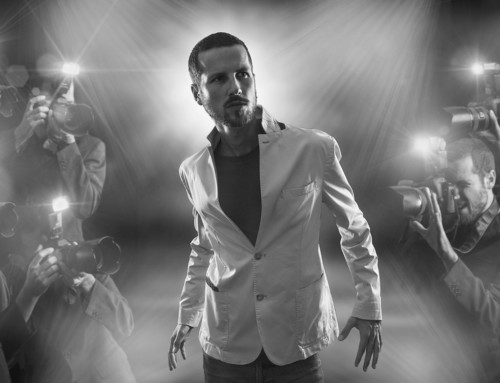As younger Millennials transition into the workplace, older Millennials become more comfortable with what they can and cannot do, and other generations adapt to survive and collaborate with this new generation, three core principles have emerged: Innovation, Competition, and Fairness.
As stated by Henry Jackson, the CEO of the Society for Human Resource Management, these three beliefs have taken over the modern, 21st century workplace. Workers reek of innovation; employers yearn for a strong competitive edge, and most everyone is thinking in terms of what is and is not fair.
Innovation
Employees want what they do to make a difference. To matter. To affect others. To shed new light in an old world. It’s no longer about working just to make ends meet; it’s also about working to make work matter more. Why? Because people have finally come to terms with the idea that they’re at work nearly as much as they’re at home.
What does this mean for employers? More than you can imagine. If individuals can’t find meaning, challenges, or the opportunity for growth within the work they do, your business will suffer. These workers might grow resentful. They could stop producing quality work. And odds are, they’ll probably look for a new place to punch in for the day.
As an employer, you must provide your employees with room for innovation. Explain how they can move up the ladder. Avoid micromanagement. Show them the bigger picture. And encourage new ideas.
Competition
While employees themselves enjoy competition, this is more about the employer and the business itself. Competition is critical for success. Without a competitive edge, your business is dead in the water, and these days, your competitive edge comes from your human capital. Technology is accessible to most everyone. But a talented individual? That’s an entirely different story.
However, finding talented humans to fill up your business can be a challenge… so to make things less challenging, you must become competitive yourself. Don’t be so tied to traditional, 8-5, close to home, college-educated applicants. Look further than that. Offer to relocate. Consider remote options. Look for talent that goes deeper than a college degree. And delve into employee wellness benefits and culture-building opportunities. You must think holistically.
Fairness
A large portion of the modern workforce is wholly committed to workplace fairness. Some might be committed to fairness on an individual level, as part of a larger group, or as a general, overarching concept for anyone who works. People come together to demand change, and if you don’t comply, your business might not live through the battle. And even if you do comply, your business still might not make it out alive. Where there is one group demanding change, another group sits on the opposite side.
Workplace fairness should be handled delicately. As an employer, you must consider the beliefs of those working under and around you, as well as the beliefs of the public you work for. But what you must never forget is what you believe in. If you don’t believe in what you’re changing… what you’re attempting to balance… everyone will see right through you.







Leave A Comment